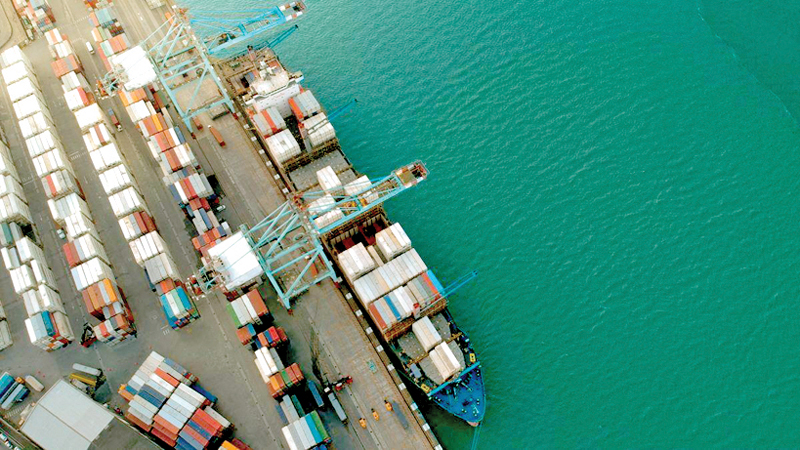A broad alliance of businesses, chambers and tax consultants is calling for a binding timetable and a uniform nationwide implementation of the offsetting model for import VAT.
Numerous business associations, chambers, tax consultants and companies from industry, trade and logistics expressly welcome the fact that the new German government has enshrined the reform of import VAT in the coalition agreement. In their view, this is an important contribution to strengthening Germany as a logistics location and to industrial competitiveness as a whole, and therefore, also a strong political signal of a new departure from the new CDU/CSU and SPD-led federal government. It is now crucial that this willingness to reform is quickly translated into concrete government action.
“The introduction of a clearing model for import VAT is a decisive step towards noticeably relieving the burden on Germany as an industrial location and making it fit for the future in European competition,” said Florian Keisinger of the German Seaport Association on behalf of the coalition of associations. “It is not only a step towards tax harmonisation in Europe, but above all a key measure to reduce a significant competitive disadvantage for Germany as a business location.”
For many years now, the procedure for levying import sales tax in Germany has been criticised for causing “unnecessary burdens amounting to billions”. Companies have to pay the tax in full to customs upon importation and can only claim it as input tax from the tax office at a later date as part of the advance VAT return.
The liquidity advantage for the import industry expected as a result of the postponement of the due date for import VAT introduced in December 2020 has not materialised to any extent, as the advantage of this regulation depends on the approval of a (separate) deferment account for import VAT. This ties up liquidity, causes bureaucracy and primarily affects the importing industry itself, but also the major cargo airports, the German seaports on the North and Baltic Seas, the other international logistics locations in Germany and road imports, in contrast to competing European locations where the offsetting model has long been standard.
– Hansa.NewsGlobal







